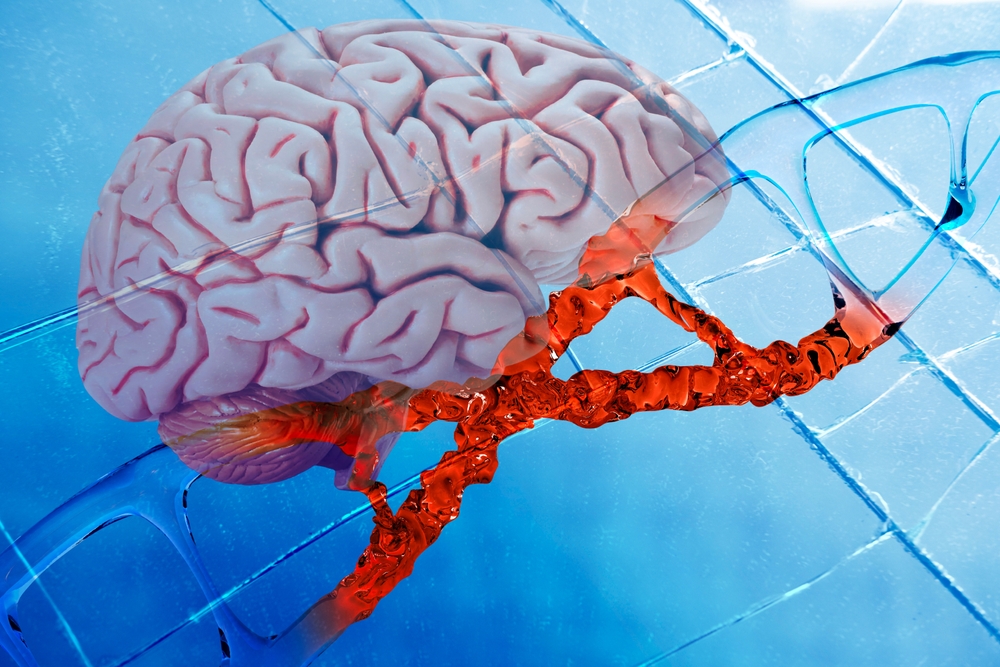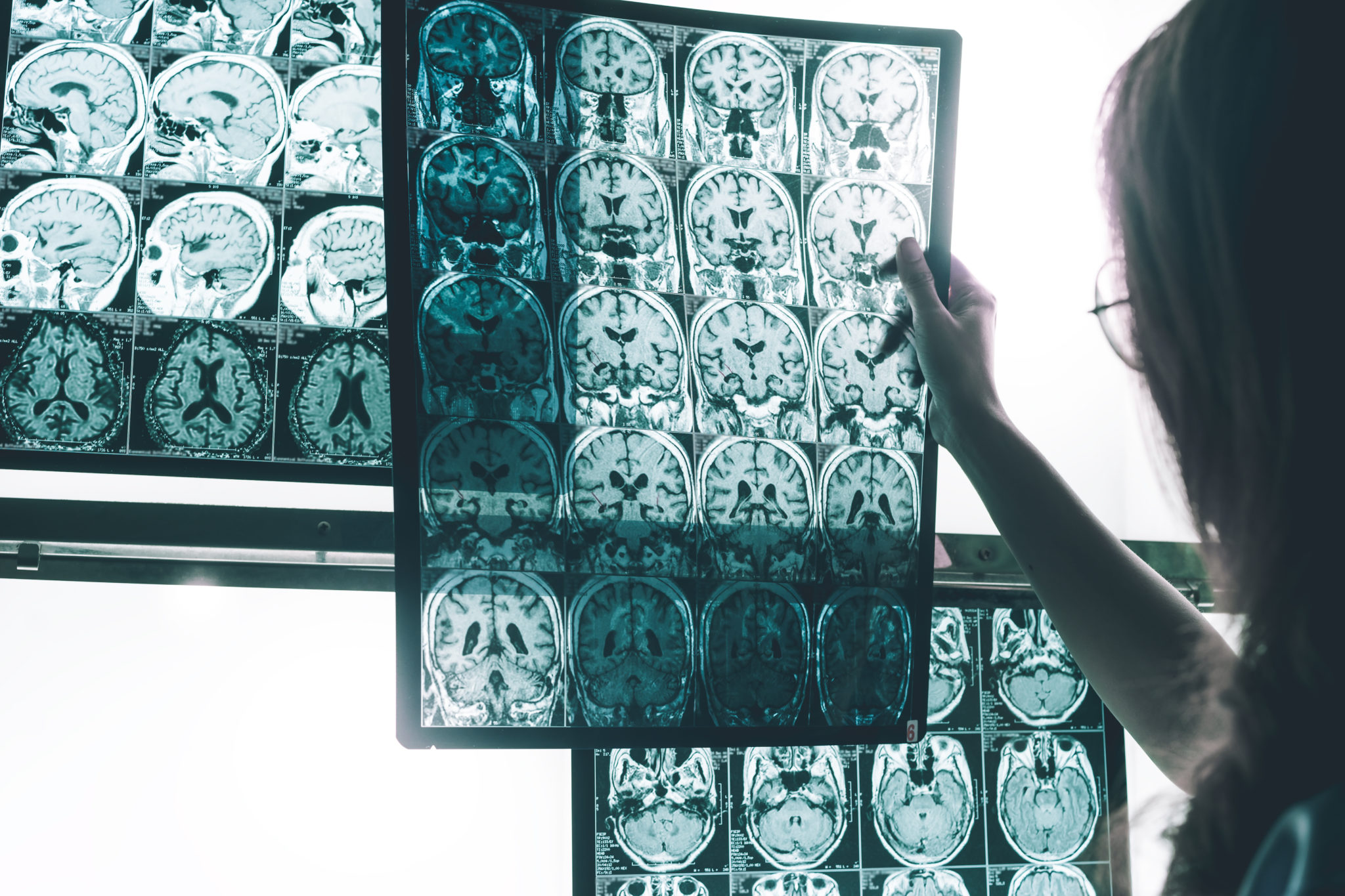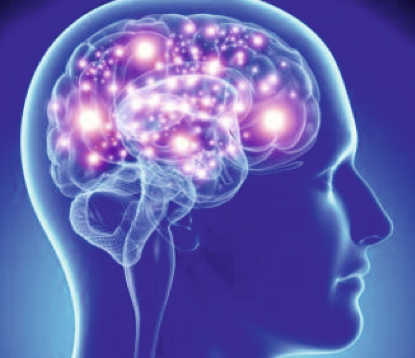Developmental coordination disorder (DCD) is a neurodevelopmental disorder marked by impaired motor coordination, affecting daily activities and academic performance in children. Its prevalence is estimated at 5-6% worldwide, with unclear causes. The “dual stream hypothesis” suggests a separation in cerebral pathways for perception and action, often accompanied by executive function impairments. Low birth weight and preterm birth are major risk factors for DCD and other neurological disorders, including epilepsy. Studies link motor impairments to executive function difficulties, highlighting the need for targeted interventions.
Epilepsy, which affects physical, cognitive, emotional, and social functioning, often overlaps with DCD in children. Genetic factors and brain abnormalities have been identified as common underlying causes, disrupting motor and cognitive networks. Imaging studies show reduced activation in key brain areas in children with DCD, contributing to motor and cognitive challenges. The co-occurrence of DCD and epilepsy worsens psychosocial wellbeing, increasing the risk of anxiety and depression. Managing both conditions requires a multidisciplinary approach that integrates neurological, motor, and psychosocial care.
Reference: Esposito M, Santomauro R, Dell’Isola GB, et al. Developmental coordination disorder and epilepsy. World J Pediatr. 2025 Jan;21(1):1-2. doi: 10.1007/s12519-024-00869-0. Epub 2024 Dec 21. PMID: 39707046.









